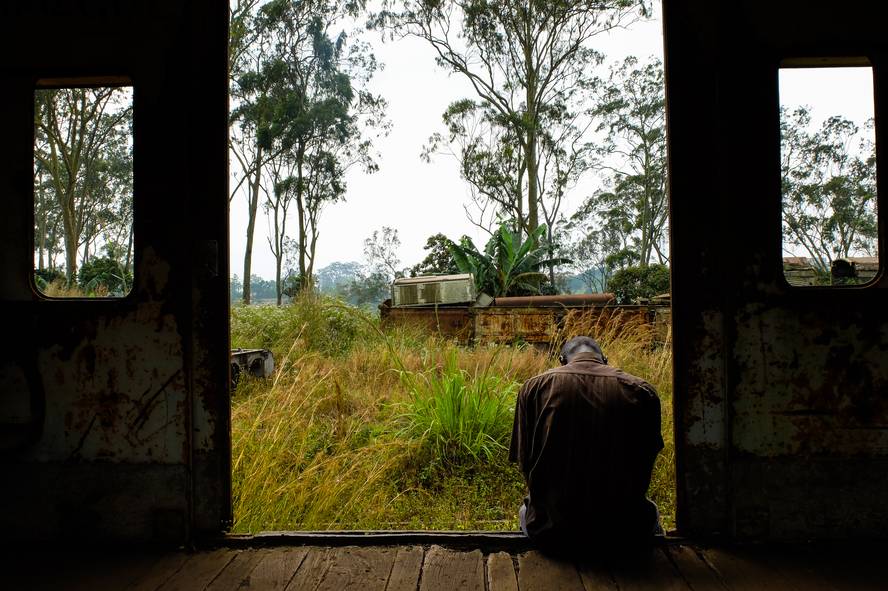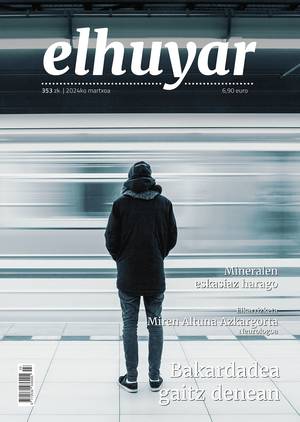Trade and prostitution: keys to the spread of AIDS. beginning of the century

Researchers from the Universities of Oxford (Great Britain) and Leuven (Belgium) have led the AIDS initiation study. Researchers recall that the AIDS virus was first isolated in the United States in 1981. Years later it was discovered that the virus, both HIV-1 and HIV-2, was widely spread among the heterosexual population of central and eastern Africa.
In addition, chimpanzees detected a virus very similar to HIV, SIV, which proved to be related to a variant of HIV-1, group M HIV-1. This is the most common variant, which has spread all over the world. Other variants such as O, N and P were isolated, limited to Cameroon and neighboring countries.
The phylogenetic study of African variants has revealed the predominance of variant M and has shown that group M HIV-1 spread through the Congo basin, initially to the area and eventually to the whole world. According to the researchers, trade and prostitution were key factors in this expansion.
In fact, since 1920 variant M departed from Kinshasa and traveled along the river and the train. In fact, German settlers used these two ways to transport boli and rubber. The article specifies that in 1948 more than a million travelers used the train to travel from Kinshasa to other major cities in the Congo.
In turn, in the cities there was a great prostitution. According to the researchers, at that time prostitutes were given injections to treat the usual diseases, but as syringes were not sterilized, they became the appropriate way for the transmission of viruses, including the variant of group M of HIV-1. Therefore, researchers have come to the conclusion that the mixture of political, economic and social agents has resulted in this variant of the Congo basin, now widespread worldwide.






